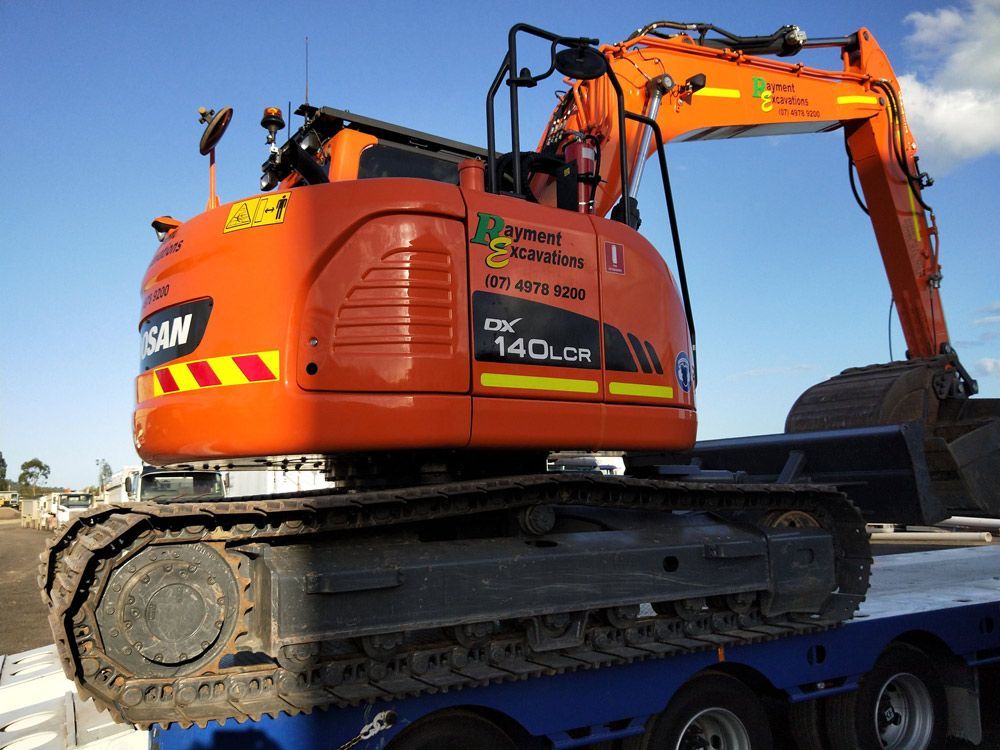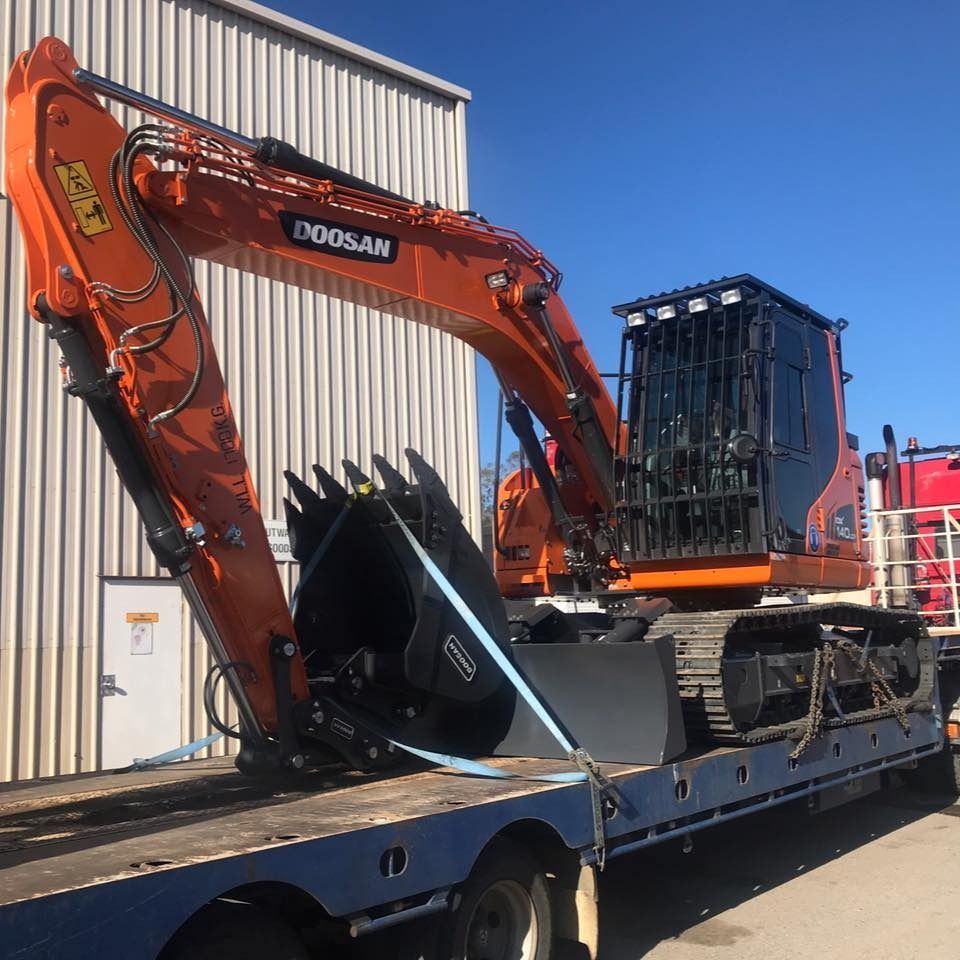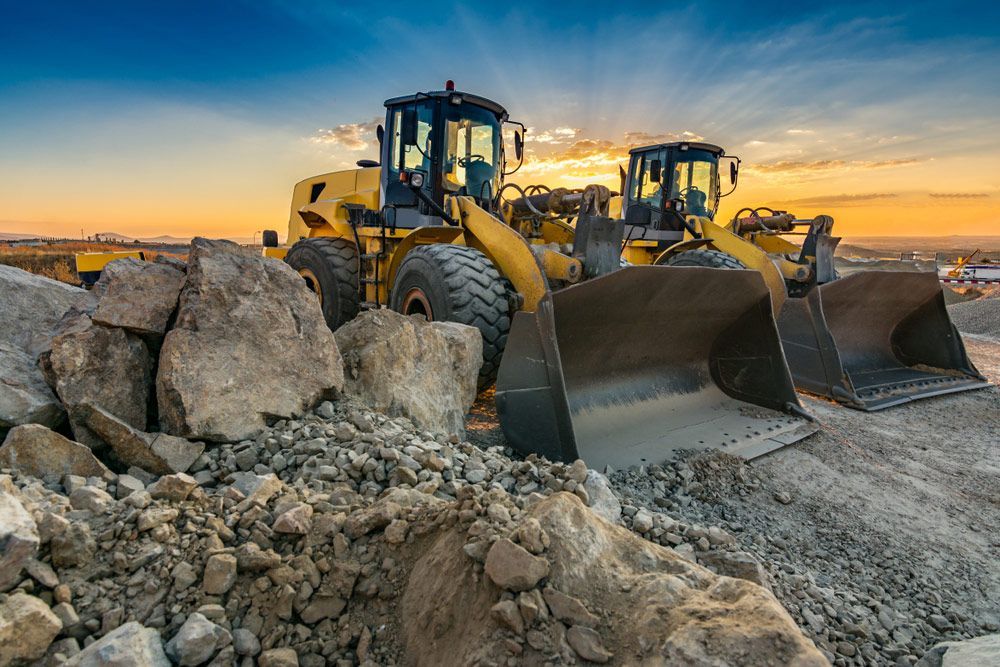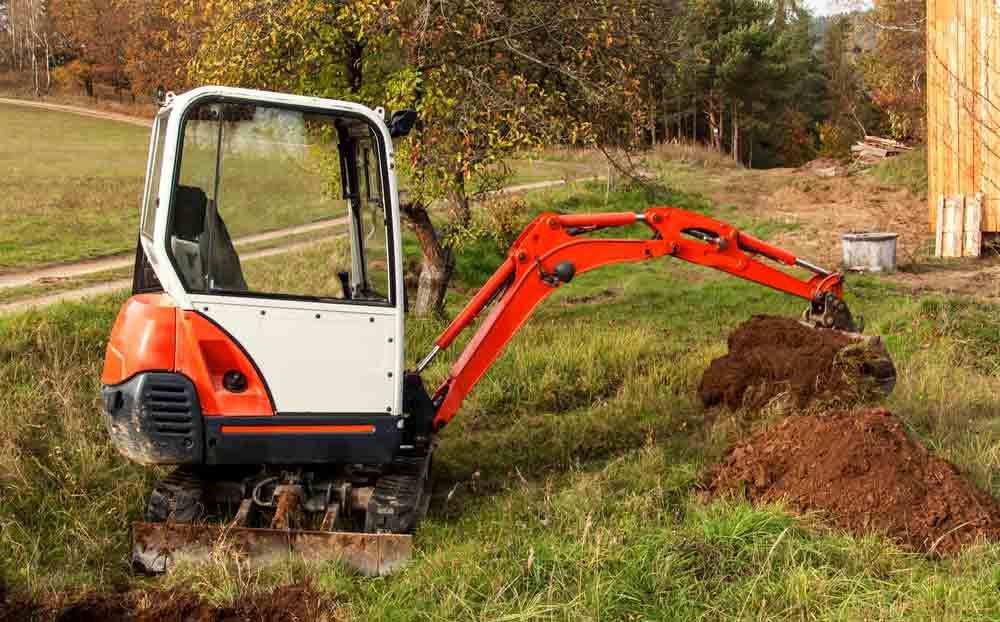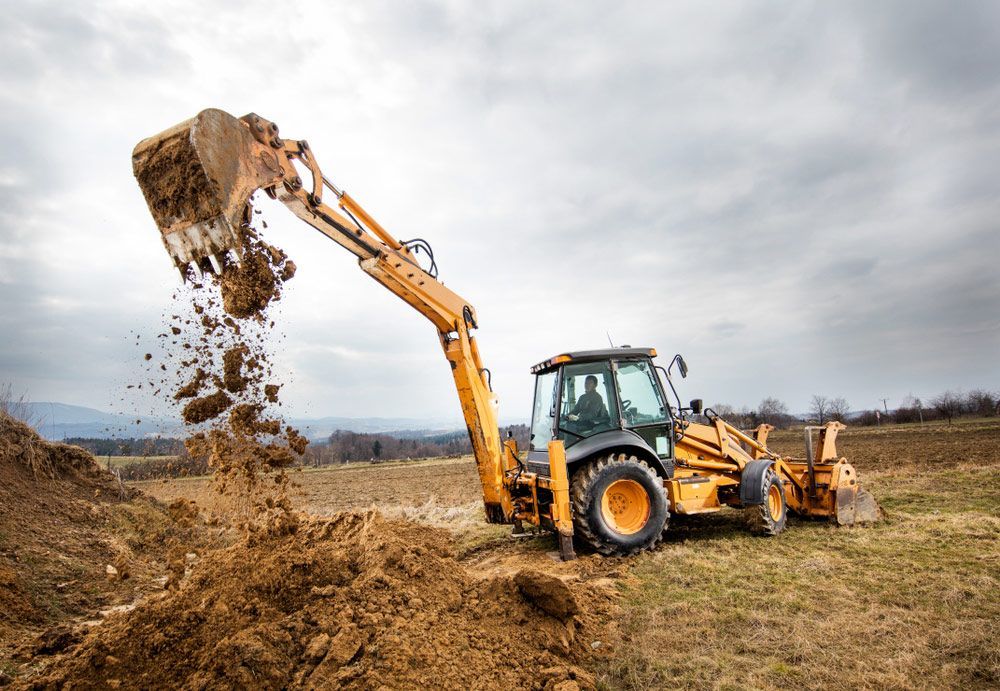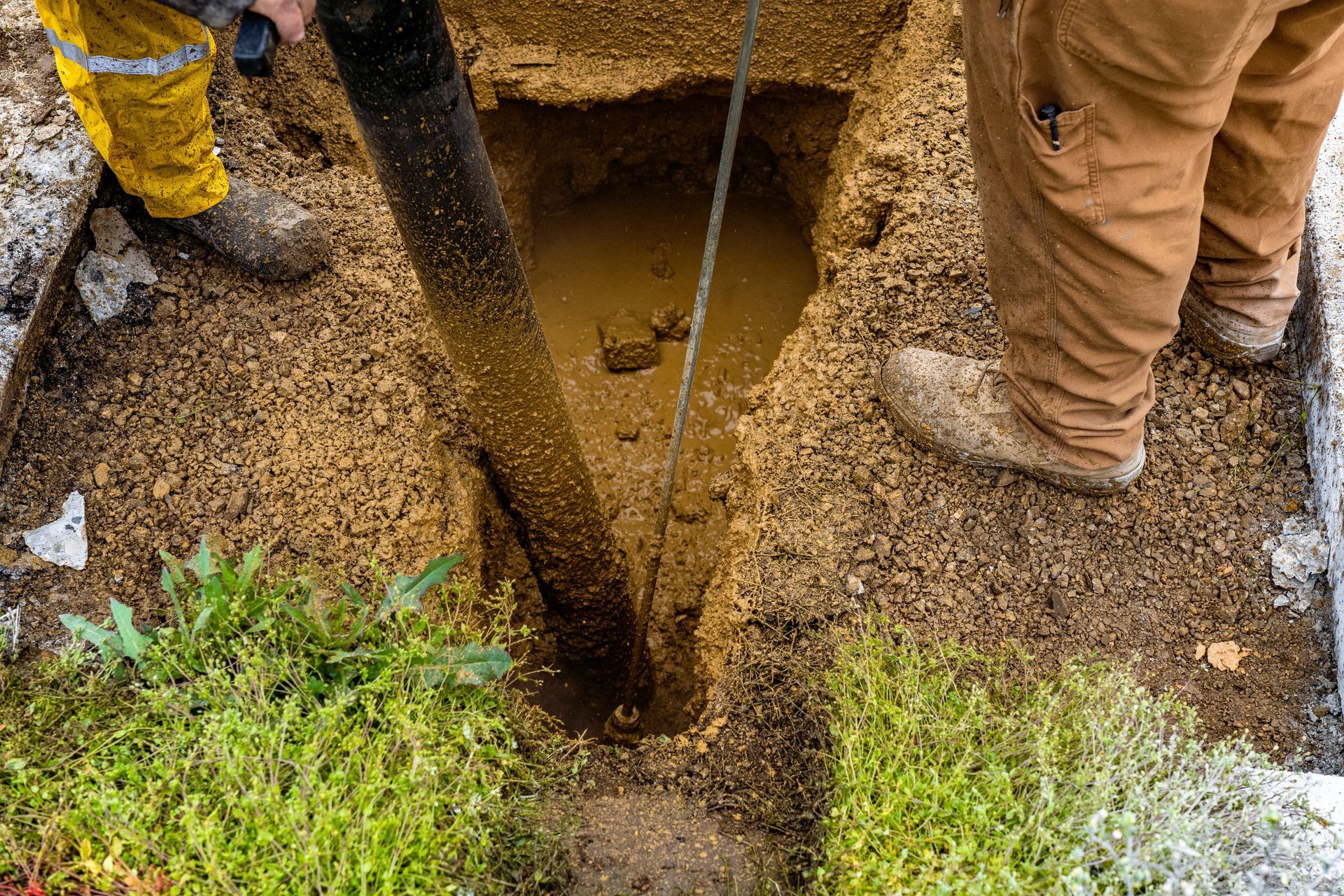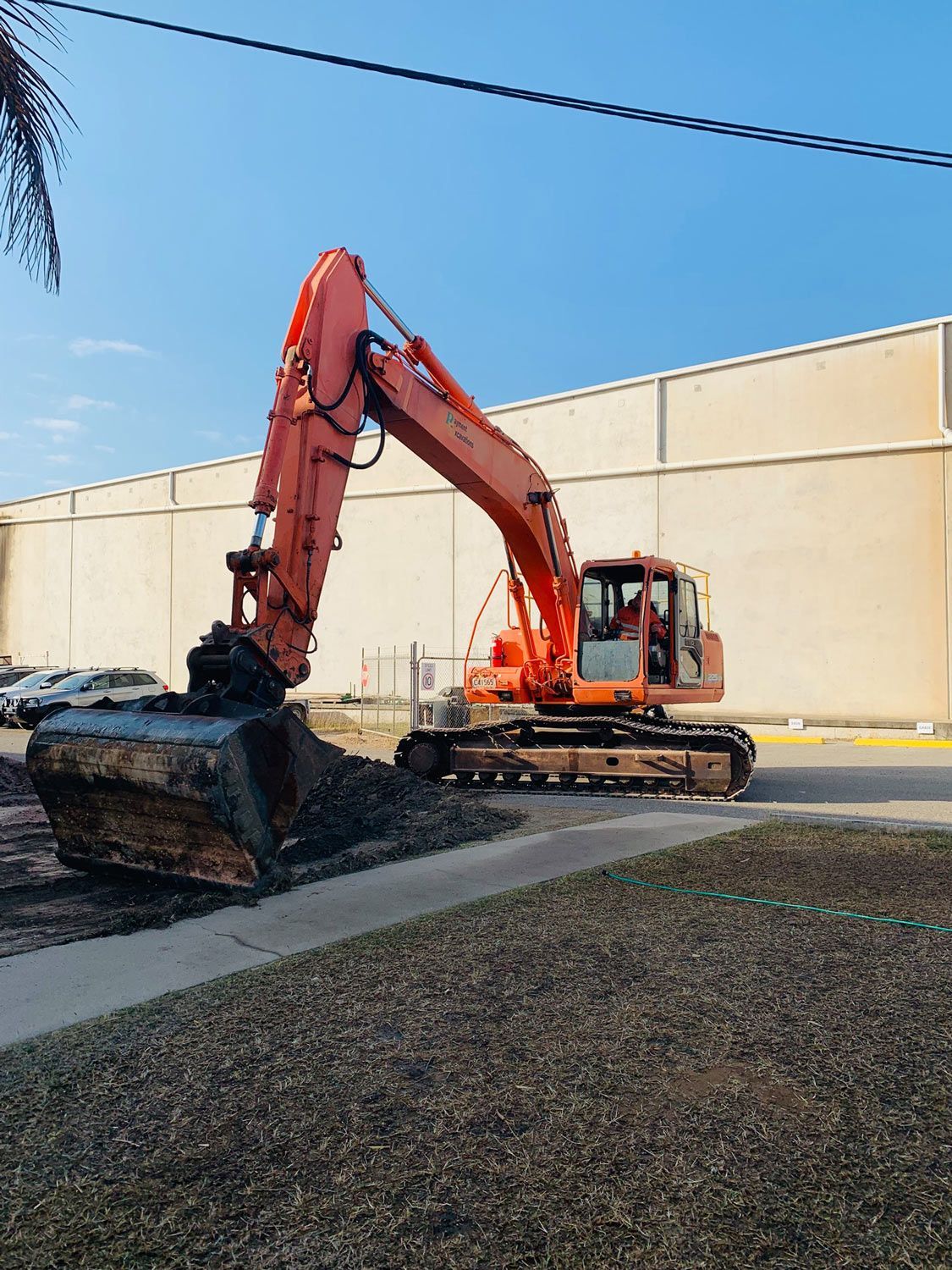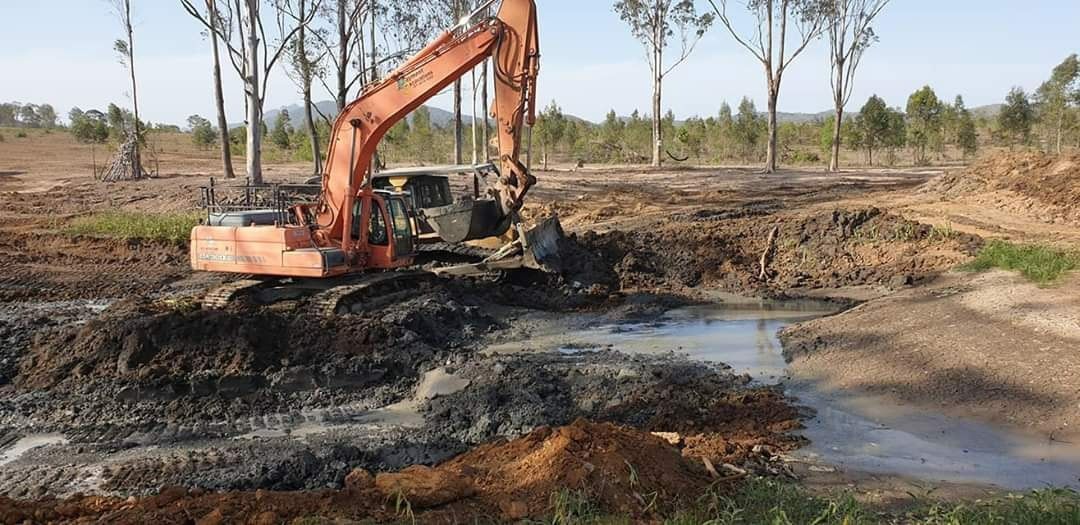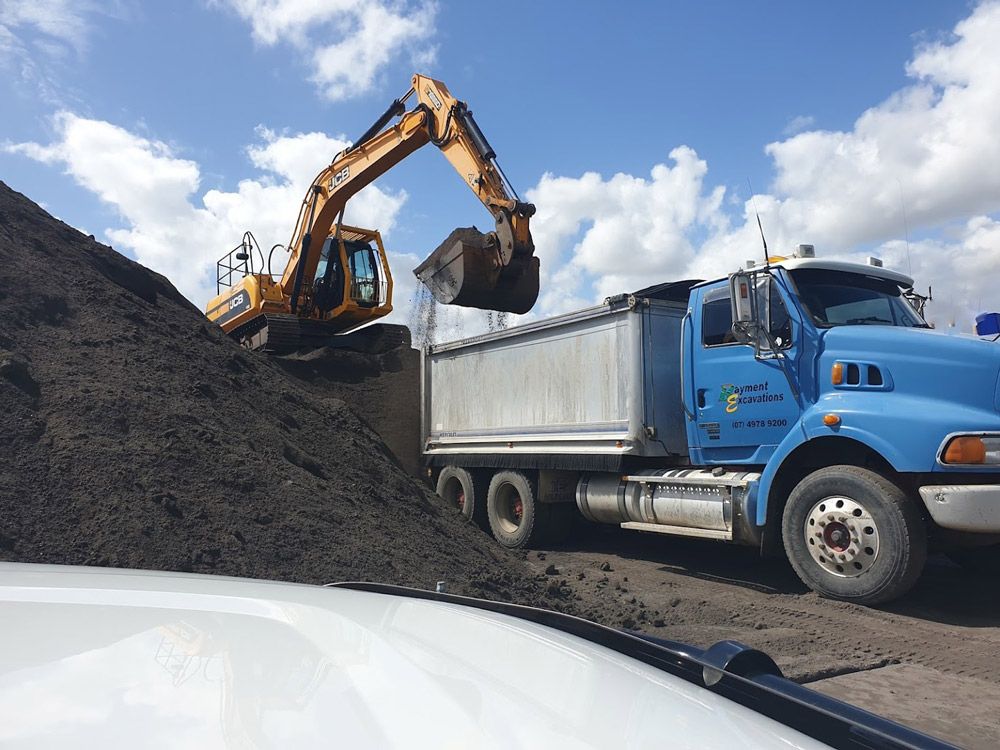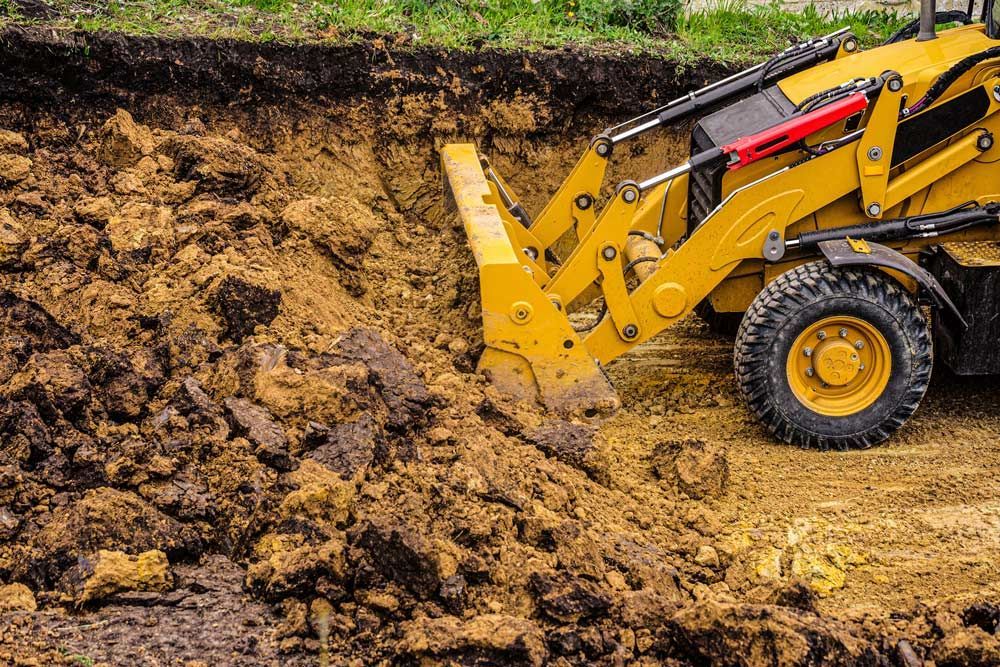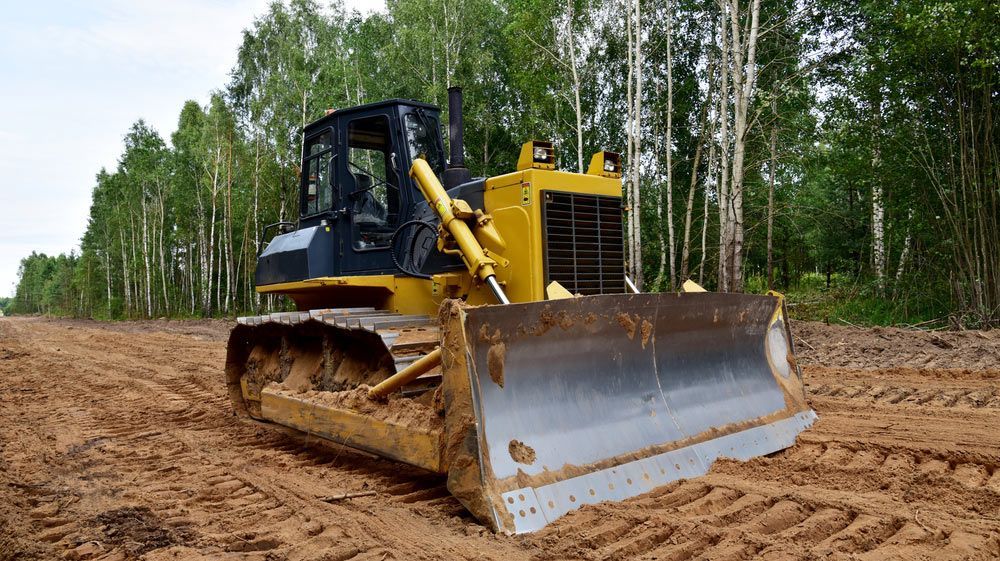Why Hiring Licensed Operators Is Essential For Operating Earthmoving Equipment
When it comes to excavation and site preparation, operating earthmoving machinery isn't just about pushing soil around. It involves understanding site dynamics, working safely in complex environments, and ensuring strict compliance with Australian construction regulations. In the fast-paced world of construction and infrastructure, hiring licensed operators isn’t a luxury—it’s essential.
Whether you're managing a residential build or a large-scale commercial project, engaging a qualified team of licensed operators brings multiple benefits. From improved site safety to enhanced operational efficiency and legal compliance, let’s explore why this is a smart move for any earthworks project.
Upholding Safety Standards On Every Site
Construction sites are full of potential hazards, and the misuse of heavy equipment only increases the risks. Licensed earthmoving operators are trained professionals who understand the dangers involved in excavation and how to mitigate them effectively.
- Certified operators follow rigorous safety procedures during trenching, digging, and grading.
- They are trained to spot and avoid underground utility lines, unstable soil, and overhead hazards.
- Proper use of personal protective equipment (PPE) and adherence to WHS protocols are second nature to licensed professionals.
- In the event of an emergency, they’re equipped with the knowledge to respond quickly and safely.
By hiring qualified personnel, you significantly reduce the risk of injuries, equipment damage, and delays due to safety violations.
Meeting Regulatory Requirements & Avoiding Penalties
Australia has strict regulations governing earthmoving and excavation work. Non-compliance can halt a project or even result in legal penalties. A licensed operator ensures every move on-site aligns with legal and environmental expectations.
- They are familiar with council and state excavation regulations.
- Know how to operate within restricted zones and heritage-protected areas.
- Ensure correct documentation is prepared for inspections and permit checks.
- Prevent environmental breaches such as runoff or over-excavation.
Having a licensed operator on site helps you avoid compliance issues that can cost time and money.
Maximising Efficiency With Skilled Machine Use
Speed and accuracy are critical in earthmoving projects. A licensed operator’s deep familiarity with equipment allows for efficient, precise work, contributing to a faster project timeline and less fuel usage.
- Adjust machine settings to suit soil conditions and site layout.
- Optimise the use of different attachments for tasks like trenching, levelling, or clearing.
- Minimise unnecessary movements that wear out machinery and waste fuel.
- Complete tasks with fewer passes, which conserves time and resources.
An efficient operator not only speeds up the process but also reduces waste, making projects more sustainable and cost-effective.
Reducing Rework And Material Waste
Earthmoving mistakes can be costly. Uneven grading, over-excavated trenches or misplaced spoil piles can require time-consuming corrections. Licensed operators use their knowledge to get it right the first time.
- Avoid unnecessary soil removal or deep cuts that compromise foundations.
- Accurately prepare pads, driveways, and drainage slopes as per specifications.
- Prevent overuse of fill material by keeping cuts and fills balanced.
- Execute work that matches design layouts, avoiding costly surveying adjustments.
This attention to detail ensures better material management and minimal disruption to the schedule.
Safeguarding Public & Environmental Safety
Excavation near urban infrastructure, watercourses, or residential areas demands heightened awareness. Licensed operators are well-versed in methods that reduce risk to both the public and the environment.
- Use sediment barriers and silt traps to prevent run-off into drains or waterways.
- Ensure equipment is parked securely and does not obstruct public pathways.
- Avoid tree root zones and environmentally sensitive areas.
- Take care to protect adjacent buildings and utility lines from damage.
Incorporating these practices shows a commitment to responsible site management.
Adapting To Changing Site Conditions
Earthmoving doesn’t take place in a controlled environment. Conditions can change rapidly, especially on sloped or open sites exposed to the elements. Soil can go from dry and crumbly to waterlogged and unstable in a matter of hours after rainfall. Similarly, the terrain can present unexpected obstacles like tree roots, boulders, or mixed soil types. Licensed operators are equipped not only with the technical skills, foresight, and experience to respond to these dynamic variables without compromising the quality of work.
- Adjust machine use based on moisture content or unexpected rock layers.
- Re-plan excavation when underground obstacles like debris or hardpan are encountered.
- Use appropriate machinery for wet, loose, or sandy soil types.
- Switch to tracked equipment or stabilisers on inclines or uneven ground.
This flexibility helps projects stay on track, even when conditions become challenging.
Protecting Equipment & Reducing Downtime
Earthmoving equipment is a significant investment, and improper use can lead to breakdowns, delays, and increased costs. Licensed operators understand how to care for machinery throughout the project.
- Perform pre-start checks to identify fluid leaks, tyre issues, or wear points.
- Avoid engine strain by operating within recommended load capacities.
- Use correct shutdown procedures to avoid hydraulic or electrical damage.
- Recognise early signs of equipment faults before they cause failure.
This proactive approach helps extend the lifespan of machinery and reduces the likelihood of unexpected downtime.
Improving Project Planning & Coordination
Earthworks don't happen in isolation. They must integrate seamlessly with other trades and services. Licensed operators contribute to effective coordination between site teams and supervisors.
- Provide practical input during the planning of trench routes and pad setups.
- Coordinate spoil removal and access routes to minimise interference with ongoing work.
- Understand staging requirements for multi-phase jobs, allowing smoother transitions.
- Communicate clearly with engineers, surveyors, and site managers.
These contributions improve project cohesion and reduce miscommunications that could otherwise result in costly rework.
Connect with Us for Reliable Earthworks in Gladstone – Let’s Get Moving
At Rayment Excavations, we know what it takes to get the job done right. Our licensed operators are ready to deliver precision, compliance, and reliability on your earthmoving project in Gladstone. We offer services ranging from site clearing and trenching to detailed excavation and pad preparation. Each job is backed by safety-first training and in-depth knowledge of excavation codes.
Don’t risk your project with unqualified operators. Visit our earthmoving services page to learn more or
get in touch with our team today. Let’s move forward safely and efficiently.

